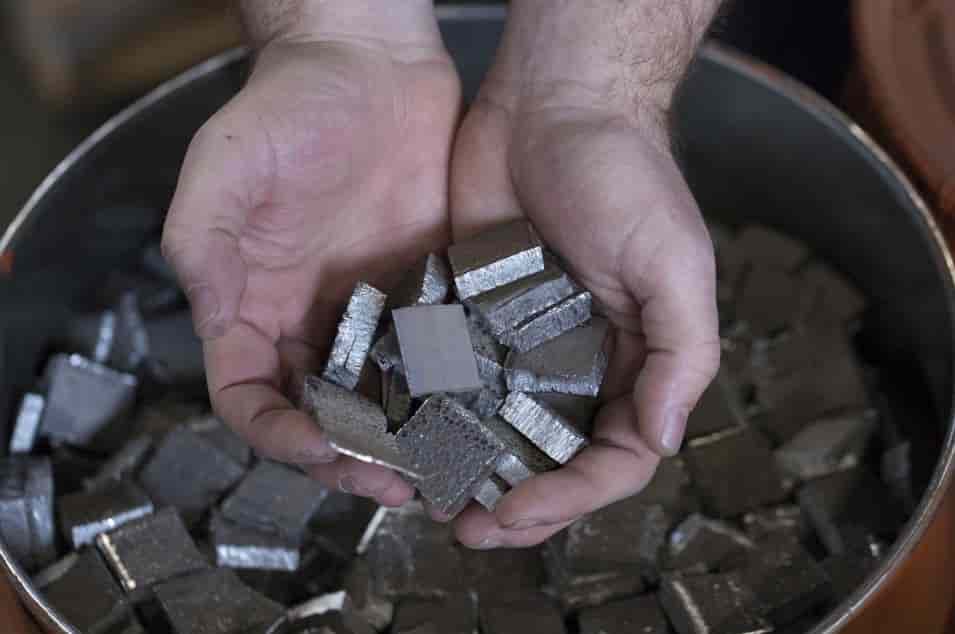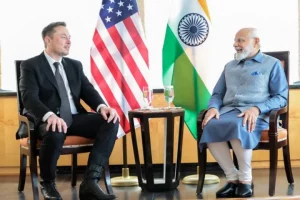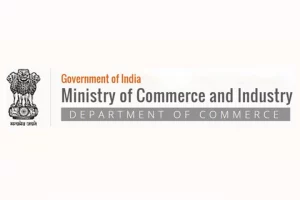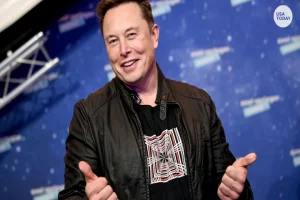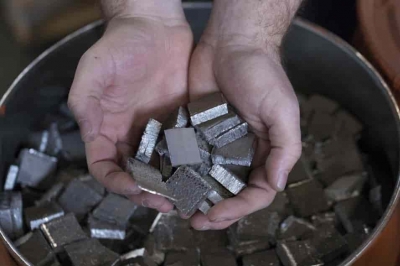Russia’s announcement to start lithium mining has come as a booster for India, which has positioned itself as a prominent global player in the electric vehicle segment. Though Russia has not yet indicated when it would export this critical mineral touted as white gold, Indian authorities are hopeful that they can increase collaboration with Moscow to strengthen the supplies.
India’s annual imports of lithium stand at about 1,200 tonnes. Its demand for lithium will further rise in the coming years.
“Russia plans to become self-sufficient in lithium and even export to other countries with India being an important prospective partner,” Lydia Kulik, Head of India Studies, SKOLKOVO Institute for Emerging Market Studies told India Narrative.
“At the moment 60 per cent of global lithium mining assets are controlled by China. Russia plans to help other countries with major reserves of lithium, like Bolivia, to develop these assets, with a focus on high respect for national sovereignty and benefits for host countries,” Kulik said.
Earlier Interfax quoted Russian Industry and Trade Ministry’s Metallurgy Department Vladislav Vasiliyev as saying that by 2026 “we plan to launch the first project [for production of lithium feedstock]. We will not be import-independent by that time, but if we achieve full capacity within three years, we will not only be import-independent, we will have excess production volumes.”
The official said that at present there are several lithium mining projects at different stages of completion in Russia. He added that a joint venture by Nornickel and the mining division of the Rosatom state corporation (Polar Lithium), which has been granted the right to develop the Kolmozerskoye lithium deposit, has already begun drawing up the necessary documentation.
“There is a project that is now being actively discussed with Gazprom, there is no final decision on it [yet] because the technology there is slightly different, that is the mining of this lithium. There is the Halmek company which also plans to implement a project. We have quite a wide range of investors,” Vasiliyev was quoted as saying.
While the recent domestic discoveries of lithium reserves in Jammu and Kashmir and Rajasthan will help India achieve mineral security, putting a proper extraction framework could take time for actual mining to start. India will have to ensure a steady supply of raw materials in the interim period for the expansion of the EV industry in the country.
While currently China and Hong Kong are the main suppliers of lithium to India, New Delhi is already scouting for other sources.
“India is determined to be self- reliant in mineral-mining but we also must be realistic. The process has been kicked off but it will take some time. We will have to keep our imports on till that time to ensure manufacturing of EVs is not dented,” a trade analyst told India Narrative.
Last week, the Cabinet gave its nod to amend the Mines and Minerals (Development and Regulation) Act-1957 with the aim to attract private companies into mining of critical minerals.
After 5.9 million tonnes of lithium was found in Jammu and Kashmir, the discovery of large reserves in Rajasthan has boosted India’s hopes of becoming self-reliant in mineral mining.
Recently, Tesla, promoted by billionaire Elon Musk, evinced interest in setting up a manufacturing facility for EVs in India and also use the country as an export base. Toyota has already launched its first-of-its-kind flex fuel-strong hybrid electric vehicle (FFV-SHEV) in India as a pilot project. The vehicle can run on 100 per cent ethanol. Besides, Japanese major Suzuki Motor Corporation has announced investments of 150 billion yen — about Rs 10,440 crore—in building a new factory for production of EV battery by 2025. The manufacturing plant and vehicle recycling unit will come up in Gujarat.
Khanij Bidesh India Ltd, a joint venture between National Aluminium Company Ltd.(NALCO), Hindustan Copper Ltd.(HCL) and Mineral Exploration Company Ltd set up in 2019, has begun talks with mining companies in Australia, Africa and Latin American countries including Argentina.
Despite some loopholes, the government’s Faster Adoption and Manufacturing of Electric Vehicles (FAME) scheme, providing incentives for the adoption of EVs has helped in drawing investments.
Lithium is a key raw material required for electric vehicles, batteries, mobile phones and other electronic items.
Data published by the Society of Manufacturers of Electric Vehicles (SMEV), sales of EVs including two wheelers, three wheelers and four wheelers besides buses in 2017-28 stood at 96,365 in India. The number stood at 11,79,274 in 2022-23.
“Electric vehicles are one of the driving forces in the new global energy economy that is rapidly emerging – and they are bringing about a historic transformation of the car manufacturing industry worldwide,” International Energy Agency (IEA)Executive Director Fatih Birol said. The IEA pointed out that spending on lithium mining across the globe has been zooming.
According to a Takhshashila research “India must not only secure its national interests in the rare earth sector but also take advantage of the current geopolitical and trade situation to become a major player globally.”
Also read: In a first for India, Lithium reserves discovered in J&K
Cabinet nod for commercial mining aimed at making India ‘mineral secure’






